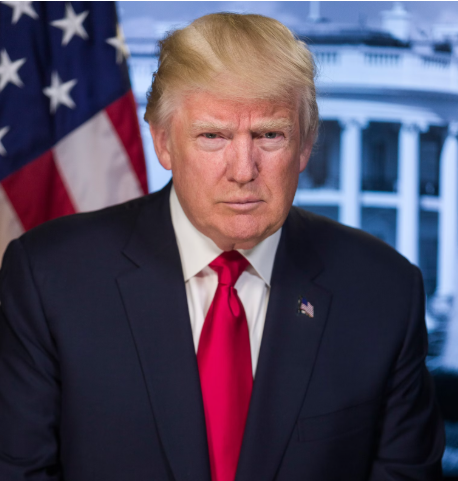The Trump administration has announced auto tariffs it is prepared to wage that will not encompass every China-set tariff threatened on April 2nd. Combined with new tariffs on Venezuelan oil and gas, this announcement has created mixed market reactions.
And all this is happening against the backdrop of old school tariff enactment: a wars styling.
President Trump said that while tariffs are coming, the deadlines of April 2nd will not cover all of the levies that had been threatened before. He said some countries would be exceptions, although details have not been made public. This was a move that Wall Street had made to indicate possible flexibility, and the market has responded positively.
New tariffs on oil and gas from Venezuela
Separately, Trump announced a 25% tariff on any nation that purchases oil or gas from Venezuela. The move is an expansion of the multiyear worldwide trade conflict, which was immediately followed by a jump in oil prices. The administration has defended the action on national security grounds.
Sector Optimism and Tariff Measures
U.S. stocks were broadly higher on comments from Trump, with investors hopeful that the expected tariffs will be less extensive than many had feared. The S&P 500 index closed at a two-week high. “In particular, we expect tariffs on automobiles to move forward in the coming days, as well as tariffs on pharmaceuticals, aluminium, and cute-fur imports, with auto tariffs coming as soon as possible, and the rest subsequently, when we get around to it,” Trump tweeted.Those comments buoyed US stocks more broadly as optimism rose that the proposed tariffs might not be as expansive as some had feared. The S&P 500 index ended at its highest in two weeks. But Trump also reiterated that he planned to impose tariffs on automobiles, pharmaceuticals and aluminium in the near future, with tariffs on automobiles promised in days and other industries to follow.
The World Reels: International Responses and Uncertainty Ahead
The administration has signalled it will examine countries that have large trade surpluses and high tariff barriers. Those were among the countries cited in a US Trade Representative list of trading partners at the high level. It was not clear how those countries would react or whether they would retaliate. Trump’s trade policy, with its threats, backtracking and delays, is still in a state of flux.Trump labelled the new tariffs a “Liberation Day” for the US economy by cutting the $1.2 trillion global goods trade deficit. These tariffs, he maintained, would generate immense revenue for the United States and allow tax rates to be maintained, or reduced. The administration has also noted that countries could evade tariffs by either reducing their own tariffs or relocating manufacturing jobs to the United States.
Trump’s Tariff Plans In This Time of Promise, And Delay
President Trump announced nearly 1,200 automobile tariff sites, but none of the tariffs not threatening for April 2nd are being put into effective operation. And this announcement, along with the new tariffs on Venezuelan oil and gas, has introduced a complicated market reaction.
The pandemic was a rude awakening.
Trump said that while tariffs aren’t a payback en route, not all threatened levies will take effect by April 2. He said certain countries may receive exemptions, without providing details. On Wall Street the development has also been interpreted as a sign of potential flexibility, which prompted a positive market response.
Reactions from Abroad and Unclear Future
The administration has signalled an interest in targeting not only countries that run large trade surpluses with the United States, but also those with high tariff barriers. It remains unclear how these countries will respond or if they might retaliate. How to understand such statements by Trump about trade raises the level of chaos around this issue even more, given the fact that Trump’s trade policy has been as free-floating, both regarding the goals and the details, as well as with threats of tariffs, whose imminent cancellation, and postponement.






